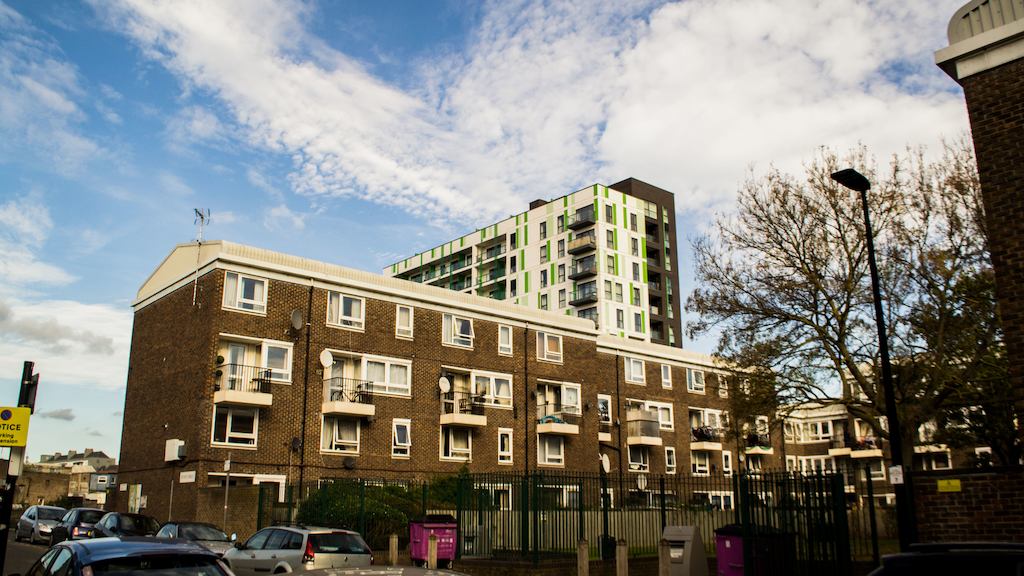The report warns that the financial pressures stemming from COVID-19 may make it harder for homeowners to make the changes needed to their homes, with approximately 2.5 million owner occupied households failing to meet the standards (17% of all owner-occupied homes). Those living in the private rented sector are also of concern as 25% of these households are in a non-decent condition (1.1 million homes).
A winter lockdown could also see increased fuel bills and exacerbate fuel poverty, with people spending more time in their homes and struggling to keep poorly insulated homes warm for longer periods. Spending extended periods exposed to cold can exacerbate or induce respiratory and cardiovascular conditions, in turn increasing the risk of contracting COVID-19, and the severity.
The Centre for Ageing Better is calling on the government to make sure at-risk groups have the support they need now to make their homes warmer, free from damp and mould, and safer. For some this means providing trusted information and advice to signpost them towards those who can help. For others, this will require more direct intervention such as financial support. Government must also work with landlords to ensure that rental properties are safe.
Evidence presented in the report shows that interventions to improve housing quality, both in and outside of the home can be a highly cost-effective means of improving health outcomes. Every £1 spent on improving warmth in homes occupied by at risk households can result in £4 of health benefits, while £1 spent on home improvement services to reduce falls is estimated to lead to savings of £7.50 to the health and care sector.
In the longer term, much more needs to be done to fix the poor state of England’s housing, the Centre for Ageing Better warns, with our existing housing stock amongst the worst in Europe. Poor quality and non-decent homes are also a major contributor to health inequalities. This research is part of the Centre for Ageing Better’s The Good Home Inquiry, looking at policy solutions to fix England’s housing.
The report outlines the urgent need for the government to put housing at the heart of strategies to build the population’s health resilience in the wake of COVID-19. The report also underlines the need for stronger relationships between housing and health and social care providers at a local level, warning that the important role housing plays in people’s health and wellbeing is too often overlooked.
